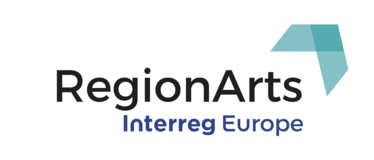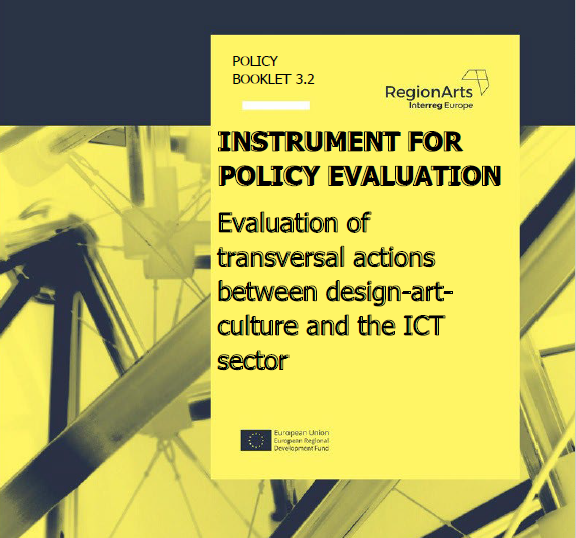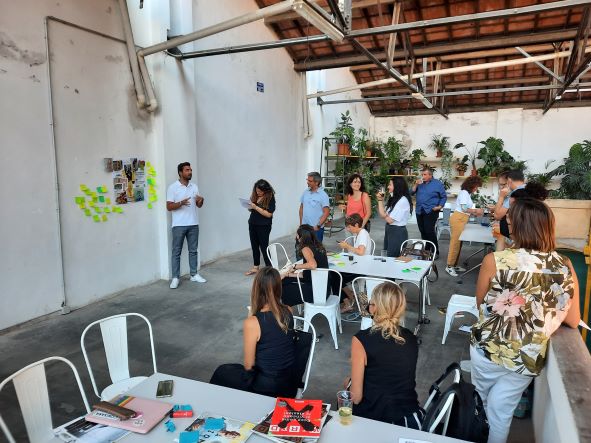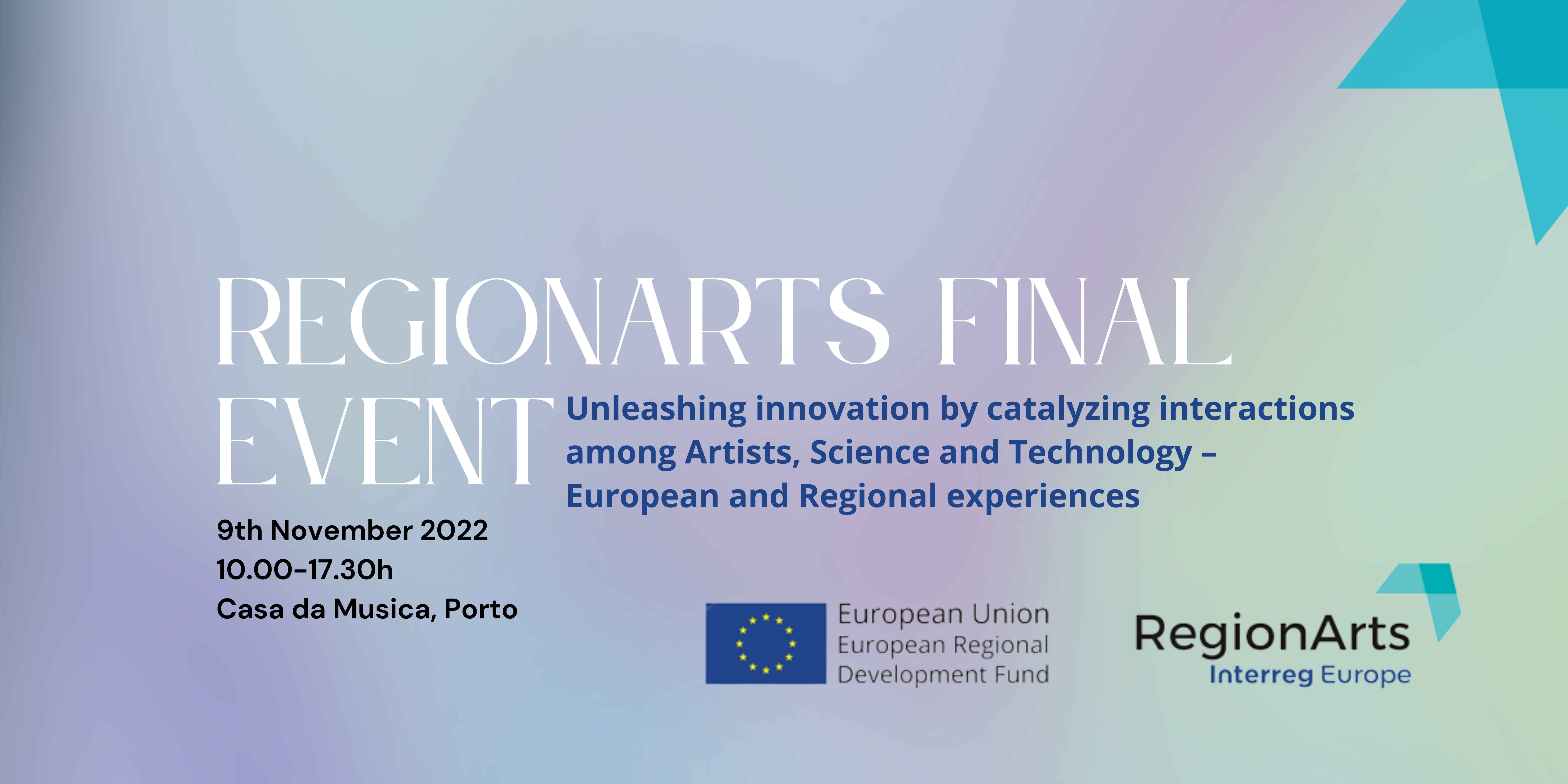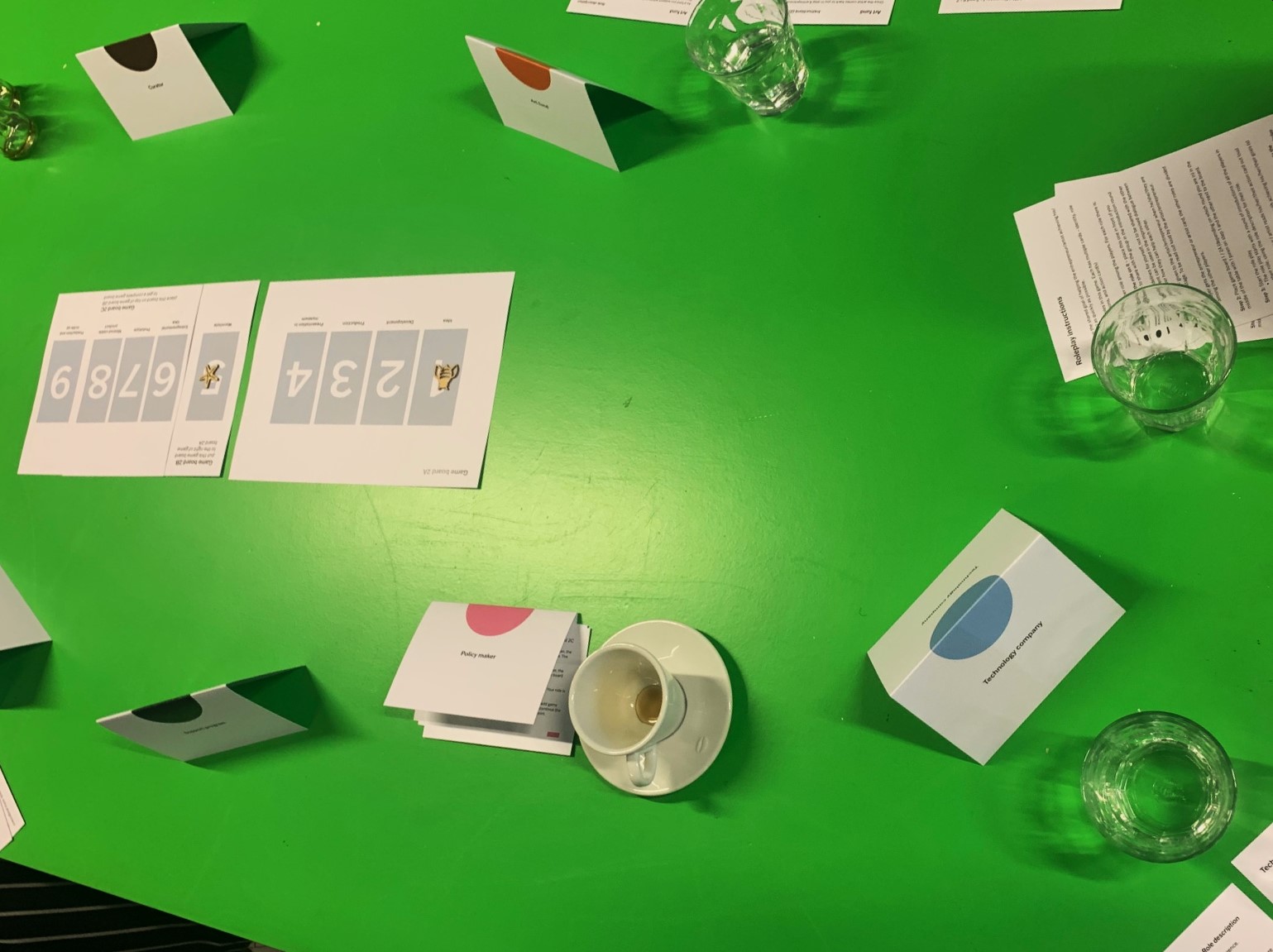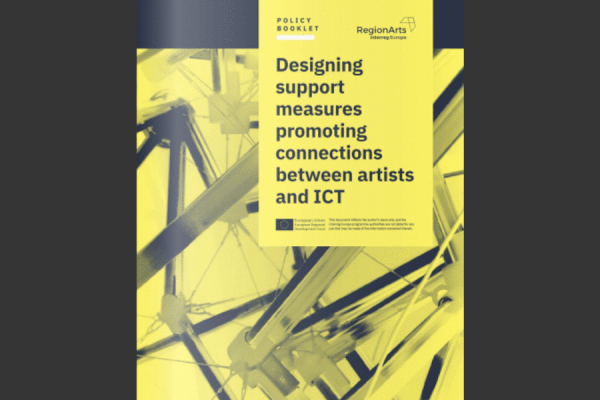The European Institute of Innovation and Technology (EIT) recently announced the creation of a Knowledge and Innovation Community (KIC) on Culture and Creativity. This KIC will join the existing eight Communities addressing pressing societal challenges in climate, digital, energy, health, raw materials, food, manufacturing, and urban mobility.
The European Institute of Technology and Innovation (EIT), whose mission is to foster innovation in the EU, is responsible to manage KICs.
The Culture and Creativity KIC will provide new opportunities for the Cultural Creative Sectors (CCS), namely:
Significant EU financing will be made available to assist the establishment of creative ecosystems, which will include the clustering of research centers, higher education institutions, and CCS. This investment will be used to help creative initiatives and businesses that contribute to economic and social innovation.
Assist in connecting CCS with digital enterprises and research institutes in order to develop innovative goods and services.
Serve as a conduit for financiers seeking investment possibilities in culture-based innovation (For example: innovation stemming from the skills of artists, creative individuals, and entrepreneurs working in CCS).
Create synergies not just with national and local partners, but also with other EU programs and grants, such as Horizon Europe's specialized research cluster for culture, creativity, and inclusive society and the Creative Europe initiative.
It will aid in the collection of data and evidence on the role of CCS to innovation. It will help to construct a narrative that encourages investment in culture, creative industries, and social entrepreneurship.
It will promote awareness of CCS's power to operate as a transformational agent in addressing global concerns such as pandemics, climate change, environmental objectives, justice and freedom, and gender equality.
The EIT and the European Commission chose the winning consortium, ICE - Innovation via Creative Economy, led by Fraunhofer-Gesellschaft. It has 50 partners from 20 countries (Including, businesses, universities, research centers, and public agents among others). Its objective is to uncover the innovative potential of cultural and creative sectors and businesses, as well as to contribute to their long-term growth and recovery following the COVID-19 epidemic. It will administer the KIC for a term of seven years, renewable once.
The EIT will award the winning collaboration with a start-up grant of up to €6 million to guarantee that EIT Culture & Creativity is fully operating as soon as practicable. As the collaboration gains momentum, delivering educational programs, supporting innovative initiatives, and providing company development and business acceleration services across Europe, the yearly grant will be expanded, potentially reaching €70 million per year under the present Horizon Europe program. Furthermore, the KIC is required to demonstrate its potential to co-fund activities in order to leverage extra money to support the EIT on Culture and Creativity.
